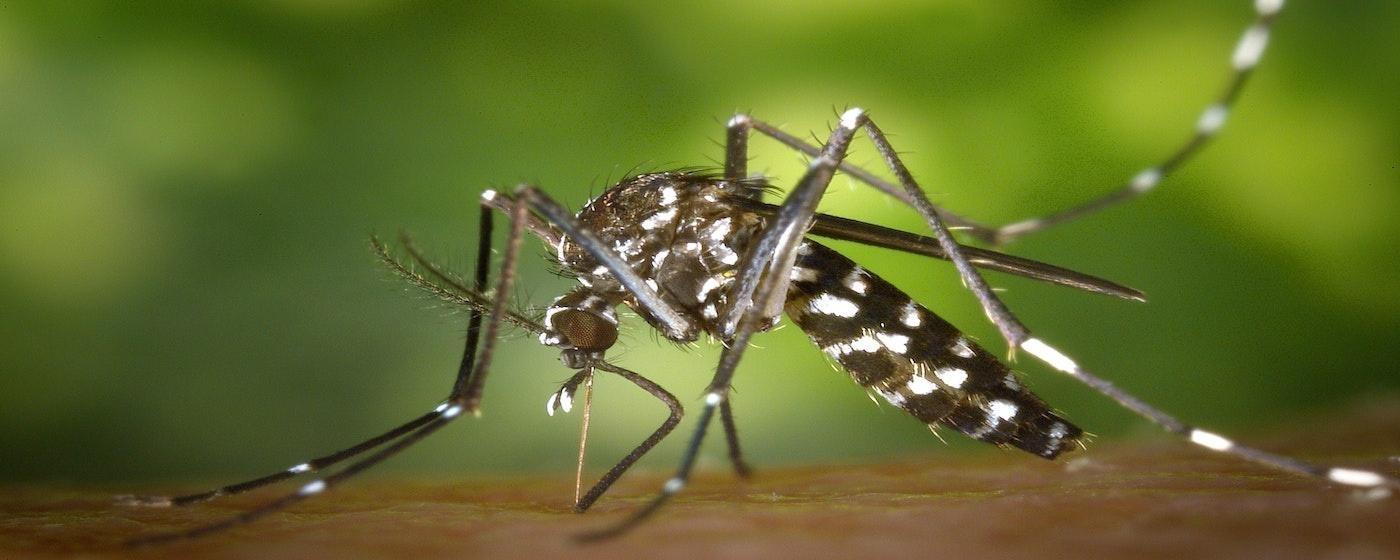Here's How to Protect Yourself from Mosquitos and Ticks


Ahhhhh… summer in North Carolina. Blue skies, hot sun, sweet tea…..But there’s also wicked humidity and a lot of bugs.
Sunglasses and sunscreen will help with the sun, ice will chill the sweet tea and help with the humidity. As for the bugs; state health officials are reminding folks to be pro-active and “Fight the Bite.”
The Division of Public Health, at the North Carolina Department of Health and Human Services, reports 957 confirmed, probable or suspected cases of tick-borne diseases across the state in 2020. There were 46 cases of mosquito-borne diseases for the same period.
“Ticks and mosquitos are common in our state and can carry bacteria and viruses that can cause serious infections,” said Dr. Alexis Barbarin, state public health entomologist, in a statement. “While COVID-19 is still at the forefront of our minds, residents of North Carolina who experience a fever-like illness this summer should also consider recent tick exposure and the possibility of tick- or mosquito-borne illnesses.”
Spotted Fever Rickettsiosis (SFR), Lyme disease and ehrlichiosis — bacterial illnesses that can cause fever, headache and other flu-like symptoms — are all conditions that can be acquired by tick bites in North Carolina, with most cases reported in June through September.
The most commonly reported mosquito-borne illnesses that can be acquired in North Carolina are La Crosse, West Nile and Eastern equine encephalitis.
And the best way to protect yourself and prevent tick and mosquito bites is to be proactive. Here’s how public health officials recommend reducing the risk of tick bites.
Remember, a tick can be removed by grasping it with a fine-tipped tweezers as close as possible to the skin and applying a steady, gentle pull until it releases.
One of the nation’s mosquito experts is a professor at Western Carolina University. To learn more about his research, watch this Sci NC story.
Mosquitos are tiny, but their unique lifestyle, ability to spread disease and just be a nuisance demands respect. Western Carolina University, in the middle of the dark damp, mosquito friendly mountains, is a center for studying vector-borne diseases and the mosquitos that carry them.